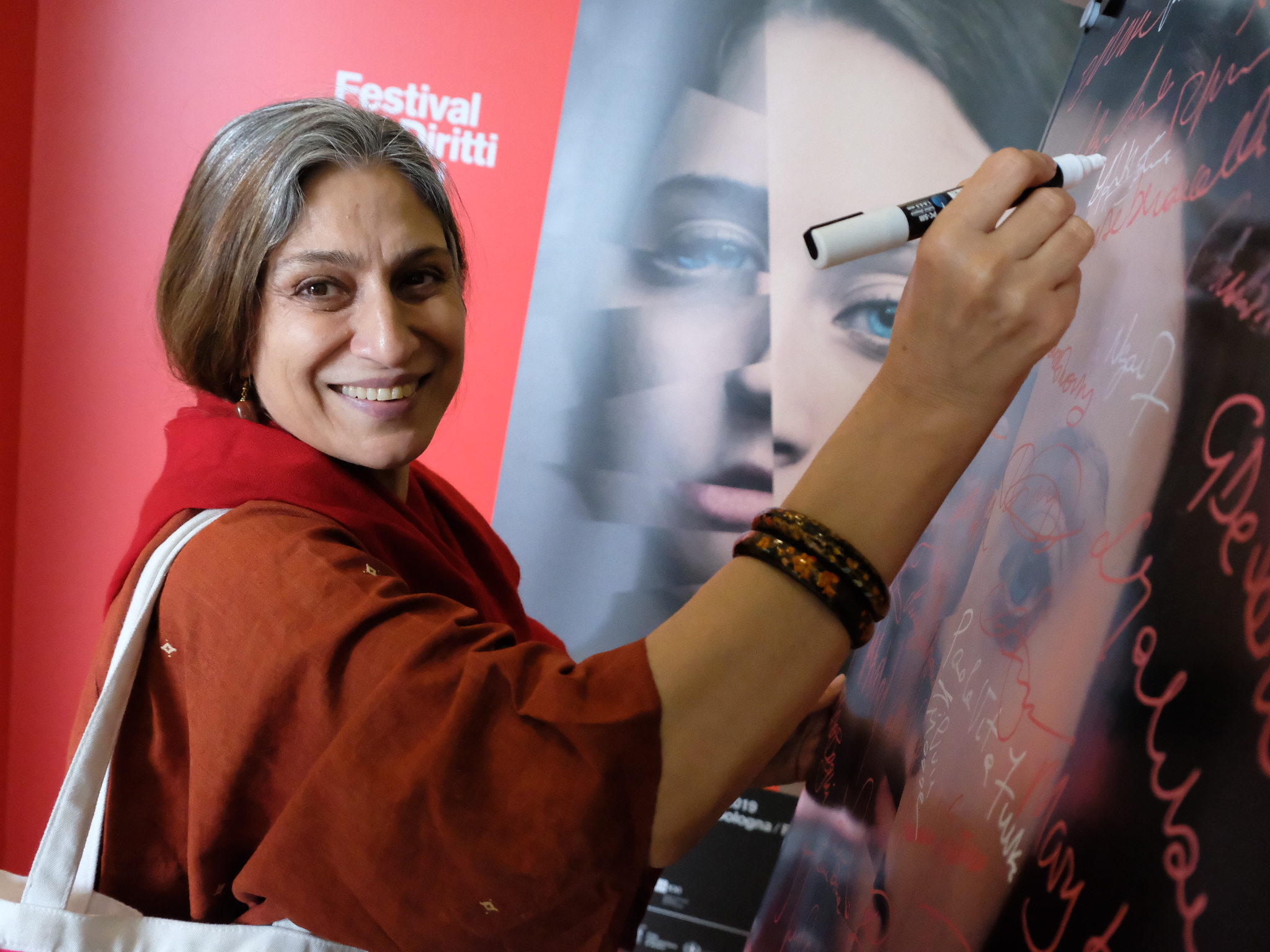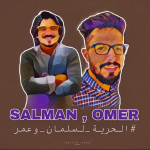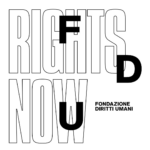Sarebbero già venti i morti in India per l’ondata di proteste contro il governo ultranazionalista di Modi che ha voluto una nuova legge sulla cittadinanza discriminatoria per la numerosa comunità musulmana. La legge del premier induista infatti agevola l’ottenimento della nazionalità indiana a un gran numero di immigrati provenienti dal vicino Bangladesh, dal Pakistan e dall’Afghanistan, purché non musulmani. Ma le stesse comunità religiose – sikh, jainiste, cristiane, buddhiste e parsi – stanno protestando cogliendo il pericolo discriminatorio di quel provvedimento. Come Festival dei Diritti Umani aderiamo convintamente all’appello lanciato dal Festival dei Film dei Diritti Umani di Napoli con cui condividiamo l’impegno per una cultura di dialogo. Pubblichiamo qui l’appello e vi invitiamo a farlo girare e sottoscriverlo scrivendo a m.delbufalo@virgilio.it
Appeal for India
We, Italian citizens for Human Rights, are in solidarity with the students of India. We condemn the recent violence and police agitation against students and citizens of India protesting and exercising their rights to dissent against the recent passed Citizenship (Amendment) Act, 2019.
The Indian Parliament passed the Citizenship (Amendment) Act on 11 December, 2019.
This amendment seeks to confer citizenship on people from Afghanistan, Bangladesh and Pakistan who are Hindu, Sikh, Buddhist, Jain, Parsi or Christian who might have faced persecution in their native countries.
The people of India have mobilized in protest against this legislation. Inevitably, the government has cracked down on these protesters. In the northeastern province of Assam, 4 people have died from police firing, curfew has been imposed, internet access has been cut off and military and paramilitary forces have been deployed. The police has also resorted to extreme violence against protesting students at the Jamia Millia Islamia, a university in Delhi, firing live ammunition, deploying baton charges, barging into student residence halls and even firing tear gas shells inside the university library. Police violence has also been reported amid an internet blackout in the Aligarh Muslim University, 140 kms from Delhi.
We oppose this legislation on the following grounds:
We condemn in the strongest terms the violent behavior and high handedness of the police against peaceful protesters. We must also draw attention to the continuing internet blackout in Kashmir, which has now continued for over 4 months and is the longest blackout ever in a democratic country. Beyond blocked internet connections, the detention of political leaders, and revocation of statehood and autonomy, a civil society team that visited Kashmir has reported arrests of minors.
Human Rights Film Festival of Naples (Italy)
Associazione “Cinema e Diritti”, Salerno
Maria Tavernini, giornalista indipendente
Daniela Bezzi, giornalista indipendente
Eleonora Fanari, ricercatrice universitaria
Roberto Savio, presidente Othernews
Luciano Gonnella, UNOPS
Salvatore Palidda, Università di Genova
Miriam Capobianco, Napoli. Museo MANN
Centro per la Pace, Forlì
Iara Lee, President Cultures of Resistance Network
Raffaele Crocco, Associazione 46simo Parallelo, Trento
Marco Asunis, Presidente FICC – Federazione Italiana Circoli del Cinema
Danilo De Biasio, Direttore Festival dei Diritti Umani di Milano
Sara Swartz, KIP International School
Angelica Romano, Presidente Un Ponte per….
Angela Dogliotti, Centro Studi Sereno Regis (Torino)






